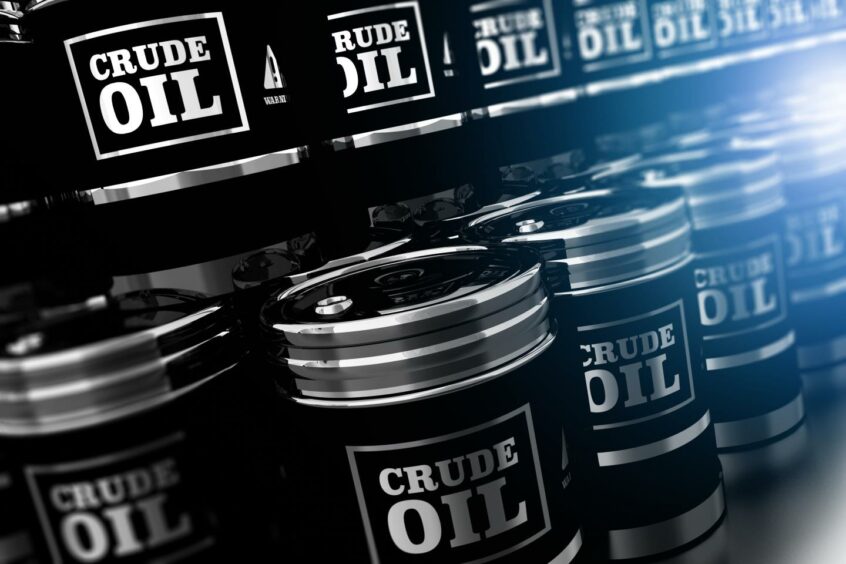Oil eased off its relentless rise of recent days as the organisation that controls world supply signalled it would act to ease concerns caused by sanctions on Russia after its invasion of Ukraine.
Brent crude slumped Wednesday after it emerged that the United Arab Emirates will call on fellow members of OPEC to boost production.
A barrel of Brent crude had fallen by 6.45% to $120.16 when the London markets closed.
Without supply from other OPEC producers, analysts had feared that moves made by by Western countries to ban Russian hydrocarbons would cause a hole in the market that would be difficult to fill.
Rystad Energy’s head of oil markets Bjørnar Tonhaugen said a worst-case scenario could see oil prices hit $240 per barrel this summer if more Western countries followed the precedent set by the UK and US to act against Moscow.
He added: “This collapse would be the largest potential oil supply shortage since the 1990 Gulf War, when oil prices doubled.”
However, the easing of oil prices came too late for UK drivers and businesses who were hit by a record daily increase in diesel prices.
The average cost of a litre of the fuel at UK forecourts reached 165.2p on Tuesday, up nearly 3p on Monday’s 162.3p, according to figures from data firm Experian Catalist.
The RAC said the jump was the largest on records dating back to the year 2000.
Hauliers have warned their profit margins are being wiped out due to rising diesel bills.
Meanwhile, the average price of a litre of petrol increased from 156.4p on Monday to 158.2p on Tuesday.
The FTSE 100 leapt higher on the back of a rally for global markets as oil dropped back.
The FTSE 100 ended the day up 226.61 points, or 3.25%, at 7,190.72 points.
Meanwhile, sterling lost pace against the euro, which improved ahead of Thursday’s European Central Bank session.
The pound increased by 0.02% against the dollar to 1.316, and dropped 0.2% against the euro to 1.189.

